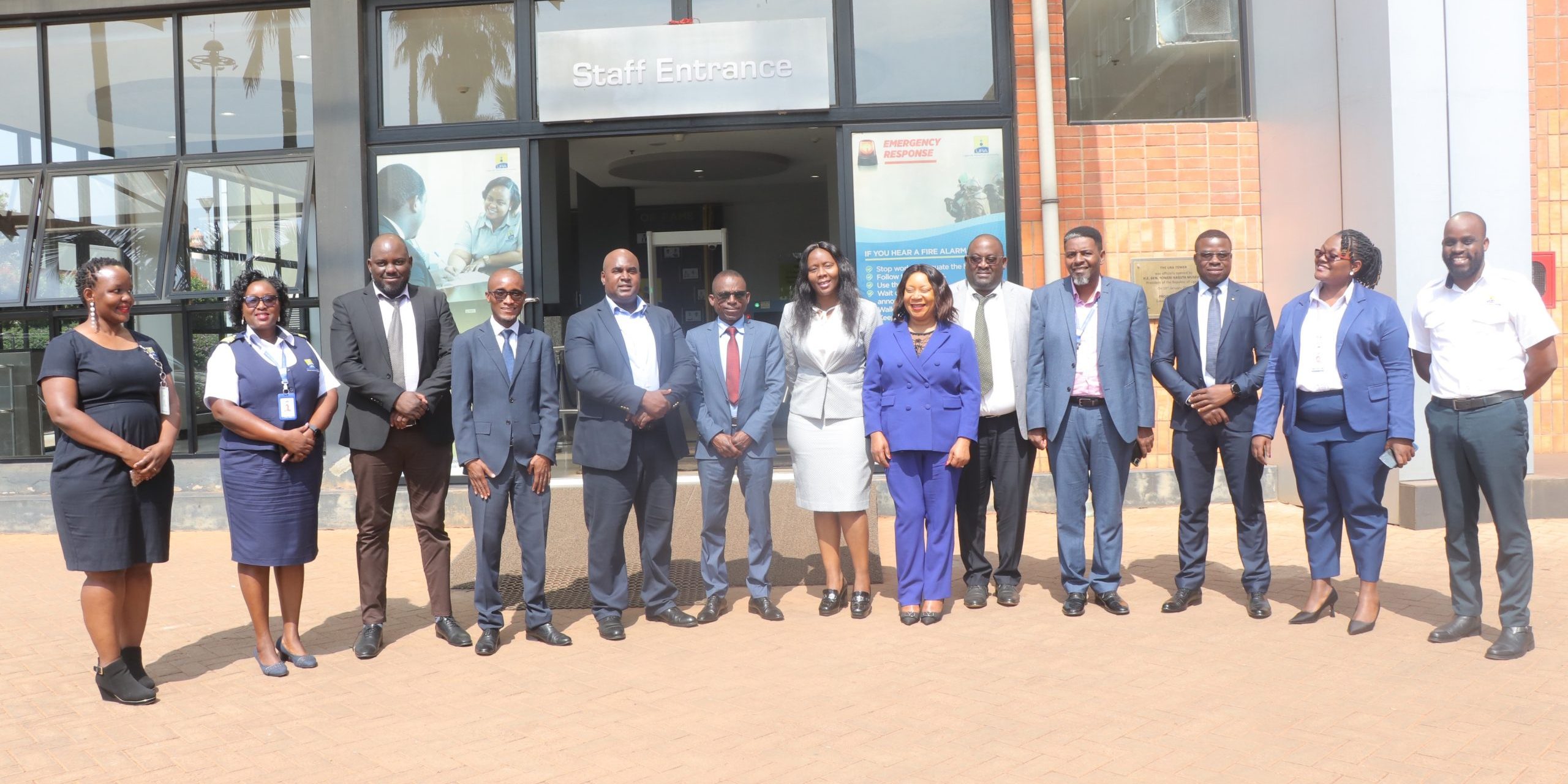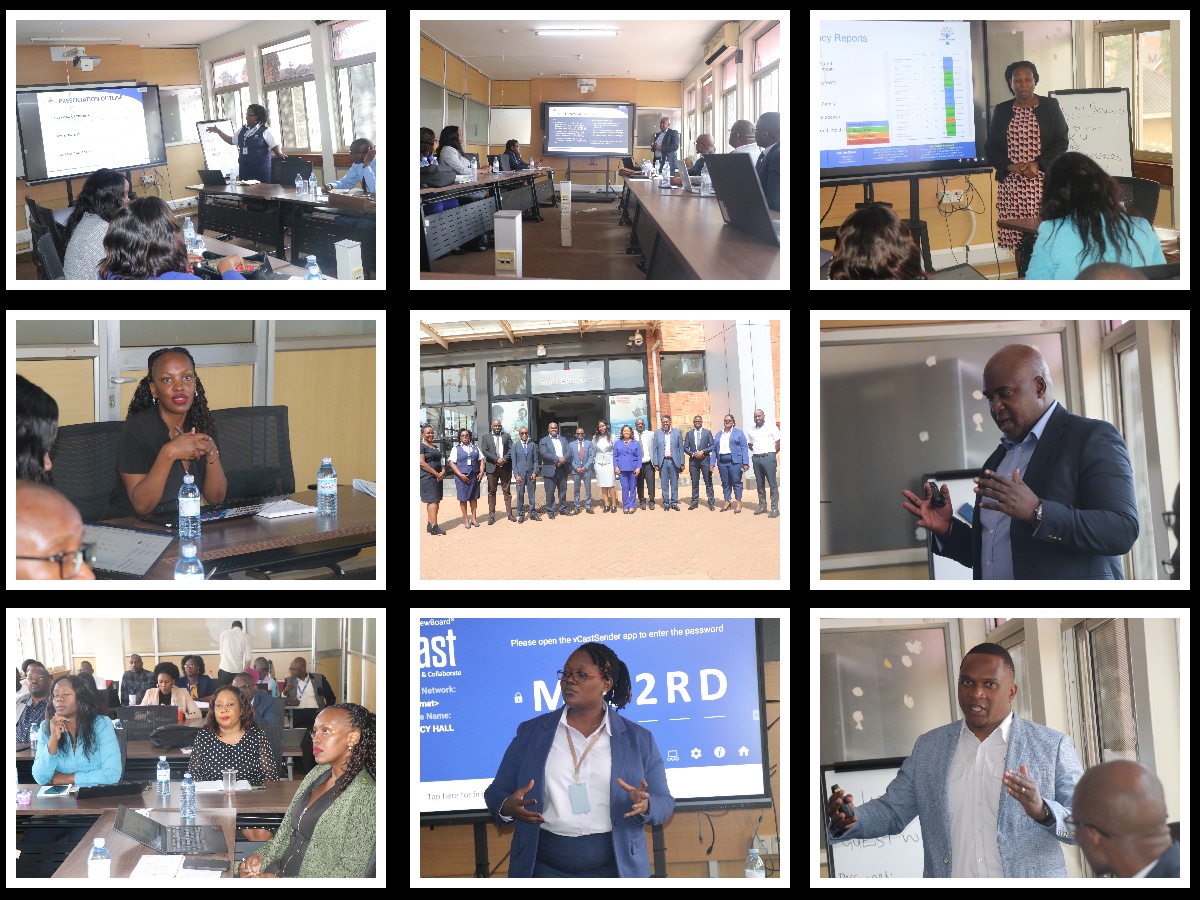
A delegation from the Malawi Revenue Authority is in Uganda to study URA’s Block Management System (BMS) for tax administration.
Using BMS, URA divides the central parts of Kampala into logical geographical blocks and assigns a team of tax officers to systematically manage the tax compliance of each taxpayer within their block on a day-to-day basis.
Christine Mirembe, the Ag. Assistant Commissioner of Compliance Management, explained that the blocks are small and enable tax officers to undertake door-to-door visits to all businesses.
“This was intended to reorganize the way our staff resources are deployed, increase their efficiency, identify both potential and value taxpayers in the informal sector, provide better service, and bridge the gap between the taxpayer and URA to ease their compliance,” stated Mirembe.
Other advantages of BMS are: understanding taxpayer businesses and tailoring solutions that are better matched to meet their needs; widening the taxpayer register under each block; establishing a normal flow register; strengthening CRM relationships with taxpayers; providing solutions to compliance challenges; enforcing the arrears portfolio of the taxpayers in the block; ledger reconciliation; and performance management.
Speaking to the team, Ibrahim Kibuuka Bbossa, the Assistant Commissioner of Public and Corporate Affairs, introduced the Malawians to URA’s innovations that are eliminating revenue leakages while creating a favourable business environment. These include EFRIS, DTS, and BWIMS, among others.
Solomon Kimbugwe, the Supervisor of PR and Communications, similarly tipped the team on some of the tools URA employs to improve taxpayer trust and build a positive reputation.
“Effective communication plays a pivotal role in shaping the Uganda Revenue Authority’s (URA) reputation. It is built on key elements such as awareness, familiarity, favourability, and trust.”
“It has increased stakeholder engagement, improved awareness and access to URA’s services, enhanced collaborations with key stakeholders, a strong and positive reputation for URA within the community, strategies for reputation management, implementing clear and consistent messaging, engaging with stakeholders through various communication channels, and prioritizing transparency and accountability in all interactions,” added Solomon.
He explained that URA also employs language customization for effective communication with the diverse population of Uganda, as different ethnic groups may have varying linguistic preferences.
“By embracing language customization, PR professionals can build trust, credibility, and engagement within Uganda’s diverse cultural landscape,” he noted.
Irene Mbabazi, the Assistant Commissioner of Learning and Development, hinted at URA’s performance management.
“Performance has so many things, and this includes the work environment, supporting managers in their new roles, and deploying personnel where they are best.”
In his remarks, Steve Elisa the Deputy Commissioner of taxes and head of MRA’s delegation lauded MRA’s partnership with URA.
“We are benchmarking on URA’s BMS for better management of our small and medium enterprises. Whereas we are just starting, URA has been in practice, so there are more lessons to learn.”
By Joshua Niyonshima






No Comments yet!